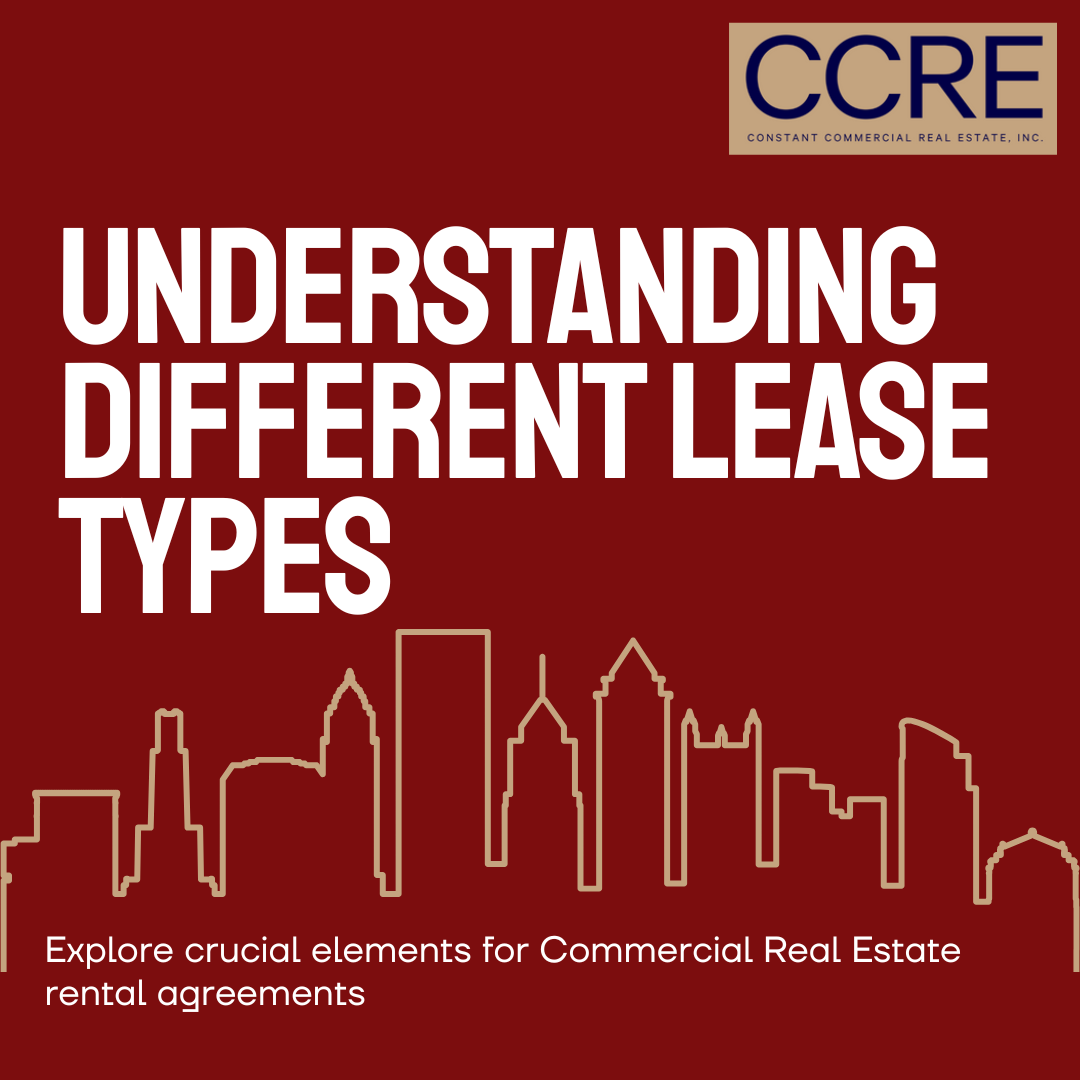October 30, 2024
The 101 on the Internal Revenue Code 1031 Exchange
A Section 1031 exchange is a tax-deferred strategy under the Internal Revenue Code, allows real estate investors to defer capital gains taxes by exchanging investment property for another of equal or greater value. This strategy is particularly advantageous for those seeking to optimize their long-term wealth and defer tax liabilities.
Key Considerations and Timelines
Qualified Property: Both the relinquished property (sold) and replacement property (purchased) must be held for investment or business use. This typically excludes personal residences, inventory, and certain personal property.
Qualified Intermediary: A neutral third party, such as a Qualified Intermediary (QI), facilitates the exchange by holding the sale proceeds and acquiring the replacement property.
Identification Period: Within 45 days of selling the relinquished property, the investor must identify potential replacement properties. This can be done by:
- 3-Property Identification: Identifying up to three properties, regardless of value.
- 200% Identification: Identifying any number of properties, but their total value cannot exceed 200% of the relinquished property's value.
Funds from the sale of the relinquished property need to be disbursed to the QI. THEY CANNOT FUND A PERSONAL ACCCOUNT. This is a very costly error, get the details of the exchange ironed out early in the engagement.
Title Considerations: Clear and marketable title is essential for both properties. Title issues can delay the exchange and potentially compromise its tax-deferred status.
Escrow and Closing: Escrow ensures the secure holding and timely disbursement of funds. The closing process for a 1031 exchange is more complex than a traditional sale, requiring careful coordination between the QI, escrow agent, and title company. Disclose the desire to change entities or move from personal to an entity early in the engagement before the funds are disbursed to the escrow companies.
Basis and Capital Gains Exposure
A crucial aspect of a 1031 exchange is the basis of the replacement property. The basis of the relinquished property, including any depreciation taken, generally carries over to the replacement property. This is called depreciation recapture. This can significantly impact future capital gains tax liability when the replacement property is eventually sold. By deferring capital gains, investors can potentially reinvest their funds into more valuable properties, allowing their wealth to compound over time. We advise to discuss with your CPA and QI the projected tax exposure upon a sale or if any proceeds are taken for personal use.
Investor Considerations
- Timing: Strict adherence to the 45-day identification and 180-day exchange periods is crucial. An investor must submit their 3 potential replacement properties by midnight on the 45th day.
- Market Conditions: Market fluctuations can impact the availability and valuation of replacement properties.
- Risk Tolerance: 1031 exchanges involve inherent risks, including market volatility, title issues, and operational complexities.
- Legal and Tax Implications: Consulting with qualified tax advisors and real estate attorneys is essential to ensure compliance with IRS regulations.
- Strategy: A 1031 is part of a bigger picture strategy. Planning an exchange and finding an ideal replacement property takes planning. For example, fielding offers from buyers with flexible timelines and understanding when concessions for contingencies are worth executing the bigger picture strategy.
Conclusion
A well-executed 1031 exchange can be a powerful tool for real estate investors seeking to defer capital gains taxes, optimize their investment portfolios, and achieve long-term financial goals. However, it requires careful planning, adherence to strict timelines, and the expertise of qualified professionals. By understanding the technical nuances and strategic considerations involved, investors can maximize the benefits of this tax-deferred strategy.
Constant Commercial Real Estate Inc has helped clients perform single and multiple property 1031 exchanges throughout the state of Oregon.



